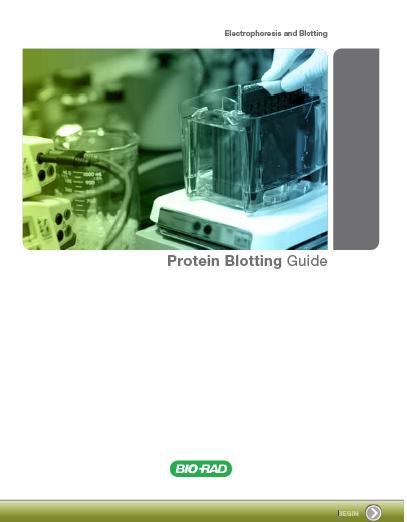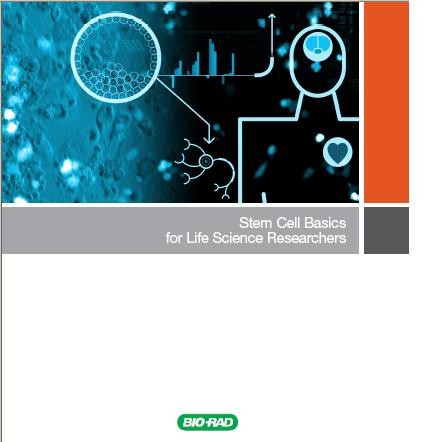Late last week, Geron Corporation announced that the FDA had given the company approval to move forward with the world’s first clinical trial of a human embryonic stem cell (hESC)-based therapy.The company is hoping that its GRNOPC1 therapy will restore spinal cord function to patients with subacute spinal cord injury by injecting hESC-derived oligodendrocyte progenitor cells directly into the lesion site of the patient’s injured spinal cord.
GRNOPC1, Geron’s lead hESC-based therapeutic candidate, contains hESC-derived oligodendrocyte progenitor cells that have demonstrated remyelinating and nerve growth stimulating properties leading to restoration of function in animal models of acute spinal cord injury (Journal of Neuroscience, Vol. 25, 2005).
The study had been placed in a hold pattern until recently since early results showed higher frequency of small cysts within the injury site in the spinal cord of animals injected with GRNOPC1. Further studies have demonstrated the safety of GRNOPC1 in laboratory animals prompting the FDA to grant a green light for the company to proceed with Phase 1 clinical trials.
According to Geron, in addition to spinal cord injury, GRNOPC1 may have therapeutic utility for other central nervous system indications such as Alzheimer’s Disease, Multiple Sclerosis and Canavan Disease.
The market acted quite favorably to the news with Aastrom Biosciences Inc. (NASDAQ:ASTM) and International Stem Cell Corporation (OTCBB:ISCO) stock jumping 10% and 6% respectively following Geron’s news release. A fairly comprehensive list of publicly traded stem cell companies can be found here.
For a thorough introduction to stem cells, see Bio-Rad’s Stem Cell Basics for Life Science Researchers.
Here’s he question of the day for those of you who are actively engaged in stem cell research at the bench:
Has the news of the FDA’s approval of Geron’s clinical trial given you some extra motivation at the bench or are you unfazed by the glitz and glamor of the news media coverage of this event?
Tags: embryonic stem cell, life science researchers, phase 1 clinical trials, stem cell research















